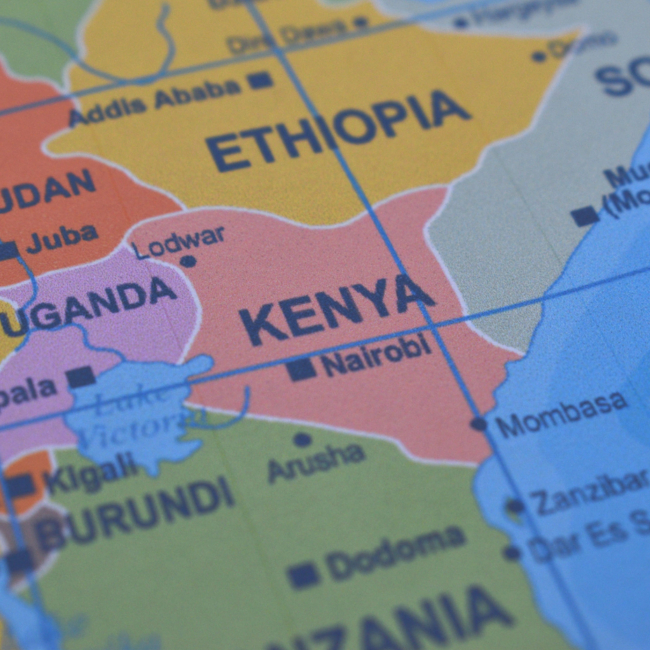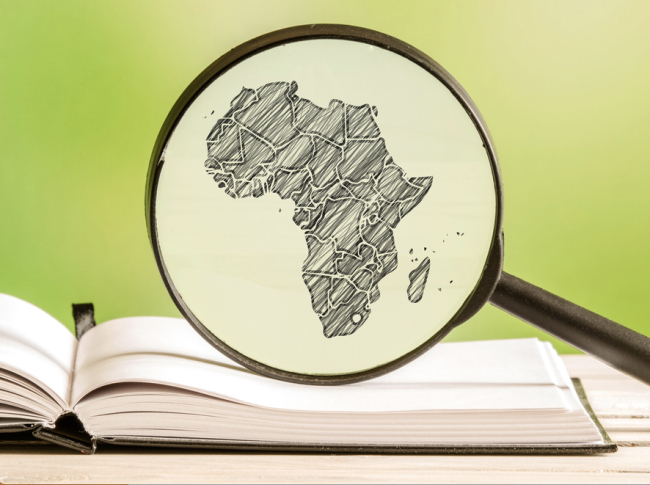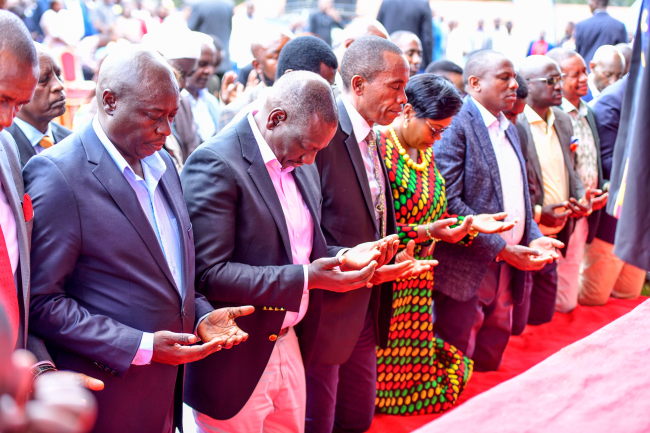Kenya’s 2022 Election. Ruto’s Win and Intra-Elite Struggles
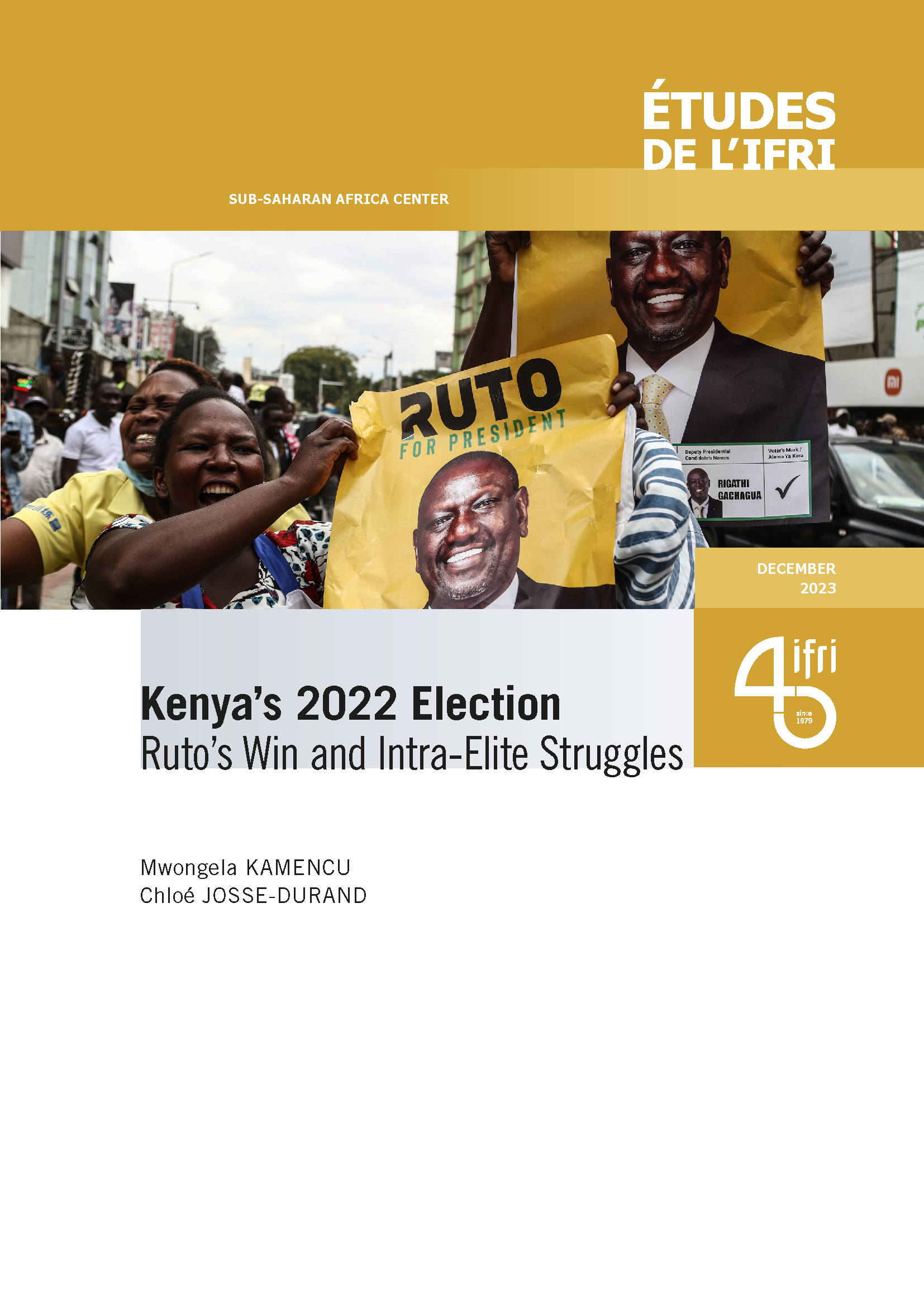
This paper aims to highlight how and why William Ruto won the 2022 presidential elections against Raila Odinga by focusing on his political strategy before, during and after the campaign.
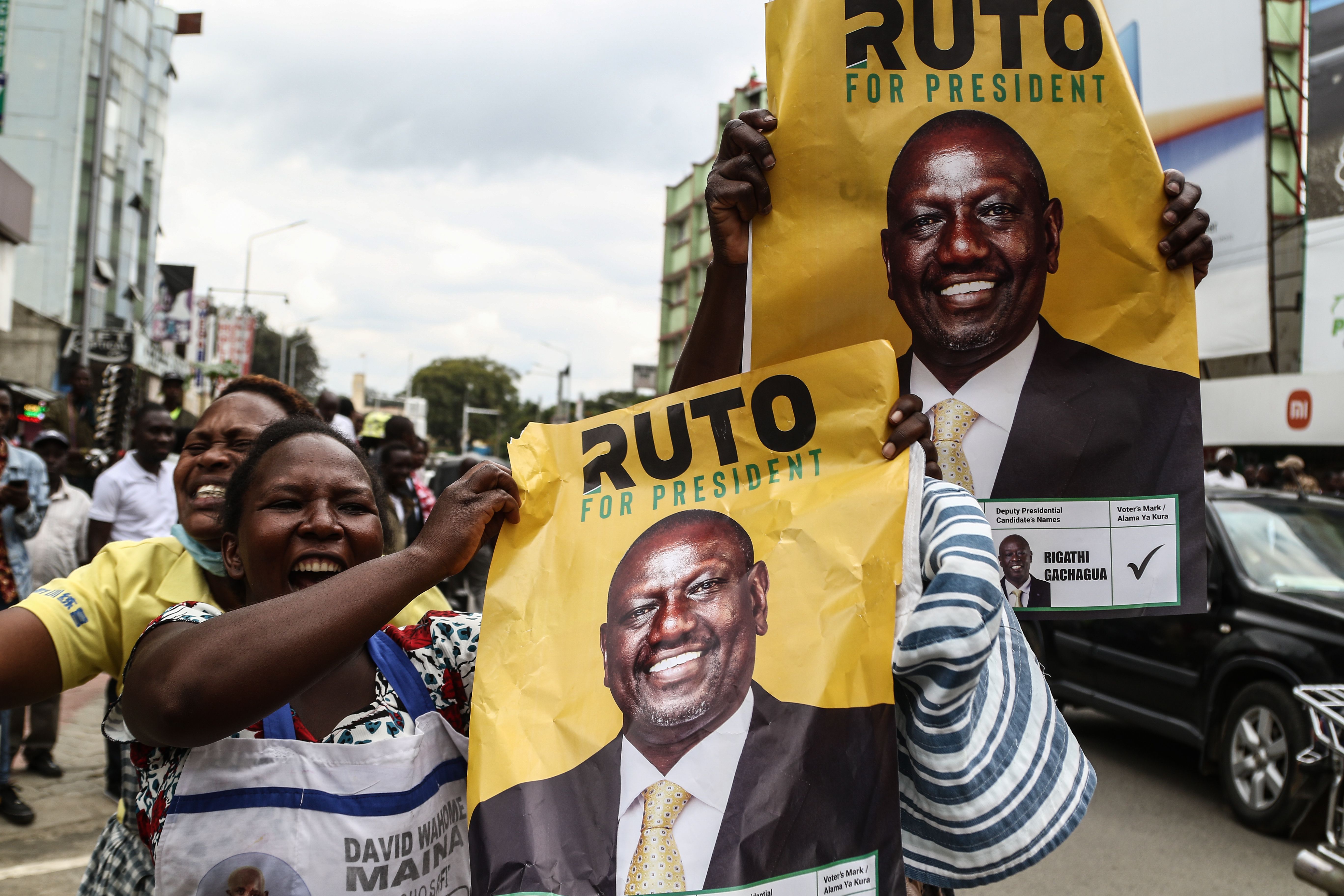
The 2022 electoral contests took place in an unprecedented political setting. For the first time in Kenyan history, a presidential candidate won an election without the support of the incumbent president and the state apparatus. The paper discusses in detail the relative success of Ruto’s populist narrative in putting the economy and a more vulnerable electorate – the Kenyan “hustlers” – back at the heart of Kenyan politics. It also emphasizes the new political and ethnic alignments that have enabled and followed his win, with a focus on the intra-elite struggles that have occurred since he started campaigning. It also discusses the power consolidation strategies of the new regime in the domestic, regional, and international spheres.
The first part of this article delves into the appeal of the “hustler narrative” whose message was one of “economic upliftment” for Kenya’s “hustlers” – the working classes comprising small-scale farmers and petty traders. This section analyses the political campaign waged by the two camps from this angle, questioning the factors that favored Ruto’s win. It argues that the effectiveness of the “hustler narrative” lay in the ability of a “new elite” to present itself as ascendant from the ranks of the Kenyan masses and in touch with their interests, while portraying its opponents as a dynastic “old elite” responsible for Kenyans’ economic woes and far removed from their struggles. Ruto’s use of evangelical Christianity to legitimize his rhetoric in his campaign and his notable recourse to evangelical churches as an alternative means of patronage testifies to this strategy. Despite the economy being at the core of the campaign, ethnic politics still played a crucial role in these elections, as evidenced by the choice of Kikuyu running mates by the two presidential candidates.
The second part of the article focuses on the first eight months in power of William Ruto and the Kenya Kwanza coalition. We argue that despite his promises of change in political culture, ties of loyalty and patronage have been the main basis of his political entourage. The new administration officials are serving as channels of state patronage to the masses, a tactic that the regime has also used to gain a clear majority in the country’s parliament. The article also posits that the above policies and changes in government have, respectively, adversely affected the economic interests of the elite in the opposition – primarily those who belong to Kenya’s old independence elite – and the masses, leading to protests held against the incumbent regime from March to April 2023. It further observes that the new regime has used Christian ideology, evangelical churches, and the rule of law as a means of legitimizing its position.
We conclude our account of William Ruto’s first eight months of in power by assessing foreign policy shifts to clarify the role Kenya is expected to play within the East African region as well as in international diplomacy over the next five years. It is our argument that these changes have been mostly informed by the administration’s economic recovery agenda. Beyond the general continuity of the country’s historically pragmatic approach in foreign policy, we also demonstrate that the new ruling elite’s interests are playing a major role in driving these changes.
Note produced by the French Institute for Research in Africa (IFRA-Nairobi) for the Directorate General of International Relations and Strategy (DGRIS) of the French Ministry of the Armed Forces as part of the East and Central Africa Observatory in partnership with IFRI.
Download the full analysis
This page contains only a summary of our work. If you would like to have access to all the information from our research on the subject, you can download the full version in PDF format.
Kenya’s 2022 Election. Ruto’s Win and Intra-Elite Struggles
Related centers and programs
Discover our other research centers and programsFind out more
Discover all our analysesThe Revenue Sources Sustaining Sudan’s Civil War. Lessons for the year 2023
Wars require money and resources, and often, most conflicts involve controlling sources of income and supply lines or denying them to enemies. This has been the case in Sudan’s past conflicts and is again as the civil war—between the Sudan Armed Forces (SAF), commanded by General Abdelfattah al-Burhan, and the paramilitary Rapid Support Forces (RSF), commanded by General Mohammed Hamdan Daglo “Hemedti” —has sunk into a protracted conflict.
Anglo-Kenyan Relations (1920-2024) : Conflict, Alliance and a Redemptive Arc
This article provides an evidentiary basis for postcolonial policy in its analysis of Anglo-Kenyan relations in a decolonization era.
Kenya’s Spiritual President and The Making of a Born-Again Republic: William-Ruto, Kenya’s Evangelicals and Religious Mobilizations in African Electoral Politics
Over the last two decade, the growing influence of Evangelicals and their leaders in electoral politics is one of the most significant developments in the East African region and the Horn of Africa. Their numerical and demographic growth seems to go together with their growing influence in these countries’ political scenes, especially in the spheres of electoral politics, society, and governance.
Gulf States: A Paradoxical Economic Lifeline for Sudan
For decades, Gulf states have provided crucial financial assistance to Sudan. Gulf interest in Sudan is driven by economic benefits and geopolitical competition, though each country has its own interests and approach.







